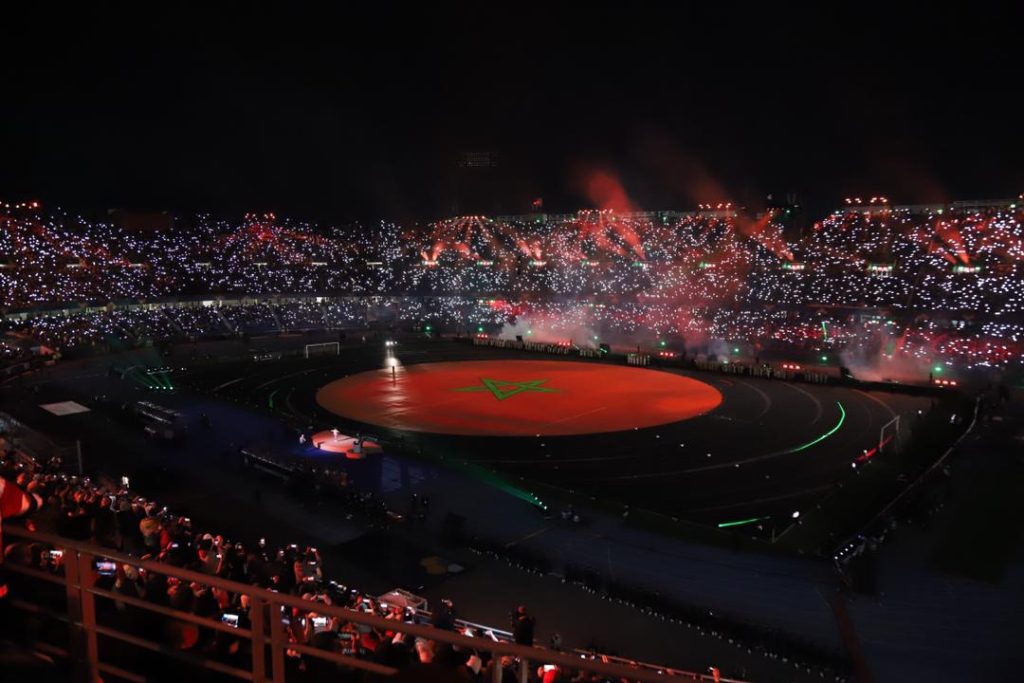By Simon Asare
Fez, (Morocco), Feb. 5, GNA – African football has been gaining momentum in both club and national competitions over the last few years, and the Kingdom of Morocco is undeniably setting the pace.
The semi-final berth attained by the Atlas Lions of Morocco at the 2022 FIFA World Cup didn’t happen by chance but with a clear development strategy that was planned many years ago.
The Moroccan magic at the Qatar World Cup perhaps reminded the world of the vast football potential that Africa possesses, as the continent is gradually becoming the bedrock of football talent.
Mr Omar Khyari, Advisor to the President of the Royal Moroccan Football Association (FRMF), Mr Fouzi Lekjaa, told GNA Sports during a facility tour that Morocco’s recent success can be attributed to the development plan that was set in 2014.
According to Mr Khyari, facilities like the Mohammed VI Football Complex, the massive stadium infrastructure across varoius cities coupled with the numerous facilities at the national and local level was the cradle of its recent success.
“You all saw our performance during the World Cup in Qatar, and it didn’t happen by chance. Since 2014, under the leadership of Mr. Lekjaa, we have worked on the development plan for our football, which entails building state-of-the-art sporting facilities and unearthing talent.
“Getting the qualified personnel to manage these facilities and the talents is very vital to the success of these development strategies, and we always have priorities for that,” he said.

Mr. Khyari noted that Africa has the potential to dominate world football in the near future considering the vast talent, if only these talents are not made to slip away.
“We have to take talent detection and facility development very seriously on the continent, and we already have a collaboration with many federations across the continent to make us realise this dream of producing the best on the continent both in male and female football,” he said.
Morocco’s domestic scene has also witnessed a massive improvement, with the clubs doing very well and building a solid reputation as African heavyweights both in men’s and women’s football.
“We have Wydad Casablanca and ASFAR as the reigning champions of the CAF Champions League in both men’s and women’s club football, respectively. This is because we have put in place effective measures for the governance of our clubs.
“We have national directions for clubs to manage their finances well because a club with bad finances cannot be strong, and we have also prioritised training the coaches and referees to make our football competitive,” Mr Khari explained.
He noted that all these successes being chalked up by the national men’s and women’s teams and the excellent performance by club and youth teams can be attributed to its massive financial commitment.
“For example, in 2019 we improved our budget in women’s football from €6 million to €60 million, and the investment is gradually paying off, so financial investment is the bedrock of all these successes,” Mr Khyari revealed.
Africa certainly is on the right path to becoming a major force in world football, and with its representatives at the upcoming World Cup increased to nine, World Cup glory is certainly in sight.
GNA